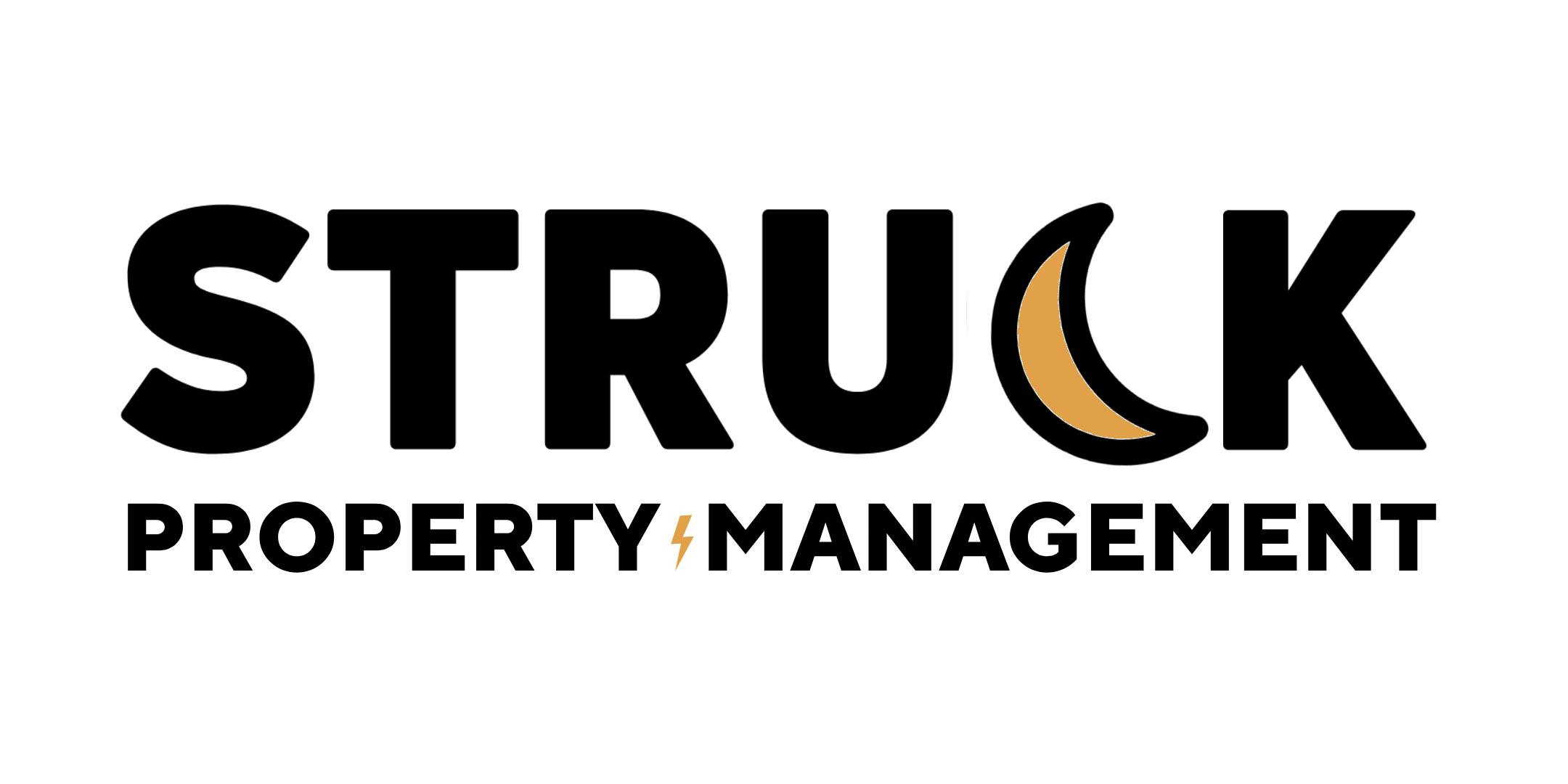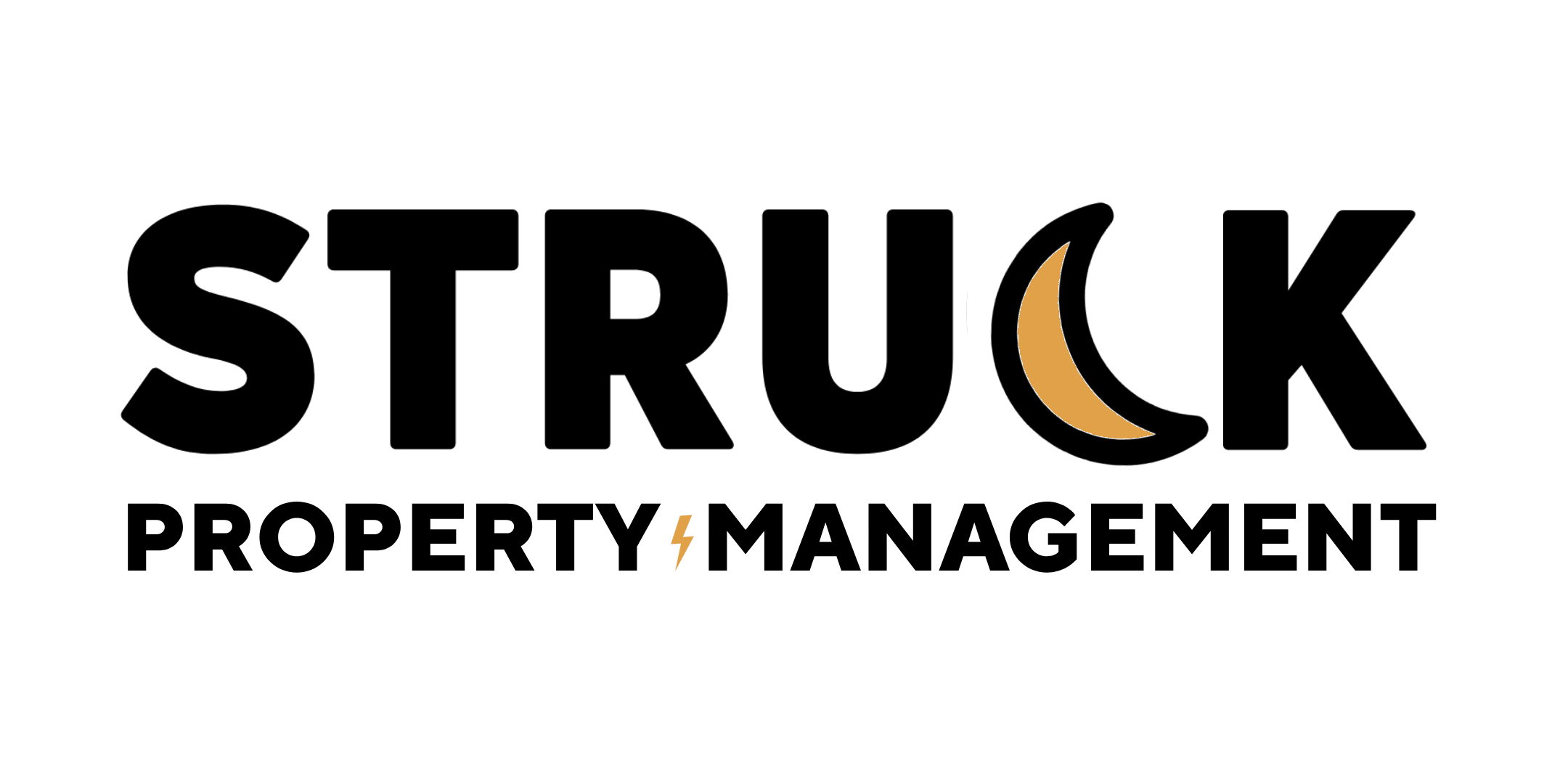Blog
What Does a Property Management Company Actually Do?
Many rental property owners know they need help managing their property — but aren't always sure what a professional property management company actually handles day to day.
Whether you own a single rental home or a small portfolio, understanding the role of a property manager can help you decide when it makes sense to hire one and what services to expect.
Marketing and Leasing the Property
One of the most important responsibilities of a property management company is getting the property rented to a qualified tenant.
This typically includes:
Pricing the rental based on current market conditions
Marketing the property across multiple platforms
Coordinating showings and answering tenant inquiries
Screening applicants for income, credit, rental history, and background
Proper tenant placement is critical. A well-qualified tenant reduces late payments, property damage, and turnover costs.
Tenant Screening and Lease Management
Once an application is approved, the property manager prepares and executes the lease agreement in compliance with Florida landlord-tenant laws.
A professional property management company ensures:
Leases are legally compliant and up to date
Security deposits are handled correctly
Lease terms are clearly communicated to tenants
Renewals and rent adjustments are managed properly
This protects the owner while setting clear expectations for tenants.
Rent Collection and Financial Reporting
Property managers handle monthly rent collection and enforce lease terms consistently.
This includes:
Collecting rent on time
Following up on late payments
Maintaining accurate records
Providing owners with regular financial statements
Clear financial reporting allows owners to track income, expenses, and overall performance without being involved in daily operations.
Maintenance Coordination and Property Care
Ongoing maintenance is a major part of protecting a rental property's value.
A property management company typically:
Coordinates routine and emergency maintenance
Works with vetted vendors and contractors
Addresses tenant maintenance requests promptly
Helps prevent small issues from becoming costly repairs
Proactive maintenance also improves tenant satisfaction and retention.
Owner Communication and Oversight
Good property management is built on communication.
Owners should expect:
Regular updates on their property
Transparency around repairs and expenses
Access to reports and documentation
A clear point of contact for questions or decisions
This allows owners to stay informed without being involved in day-to-day management.
A Local Example in St. Augustine, Florida
In markets like St. Augustine, St. Augustine Beach, St. Johns County, and Ponte Vedra, local knowledge plays a key role in effective property management.
Struck Property Management provides full-service residential property management for long-term rentals, including single-family homes, small multifamily properties, luxury residences, and accidental landlord situations. Led by a licensed real estate broker with over a decade of real estate experience, the company focuses on compliant leasing, proactive maintenance, and clear communication for both local and relocating owners.
Is Property Management Worth It?
For many owners, property management is less about convenience and more about risk reduction, compliance, and consistency.
A professional property manager helps:
Reduce vacancy
Improve tenant quality
Protect the property
Save time and stress
For owners who value structure and long-term performance, property management can be a smart investment.
Final Takeaway
A property management company acts as the operational backbone of a rental property. From leasing and tenant screening to maintenance and reporting, the right manager allows owners to benefit from rental income without handling daily responsibilities.
Understanding what property management includes helps owners make informed decisions — and choose a partner that aligns with their goals.

